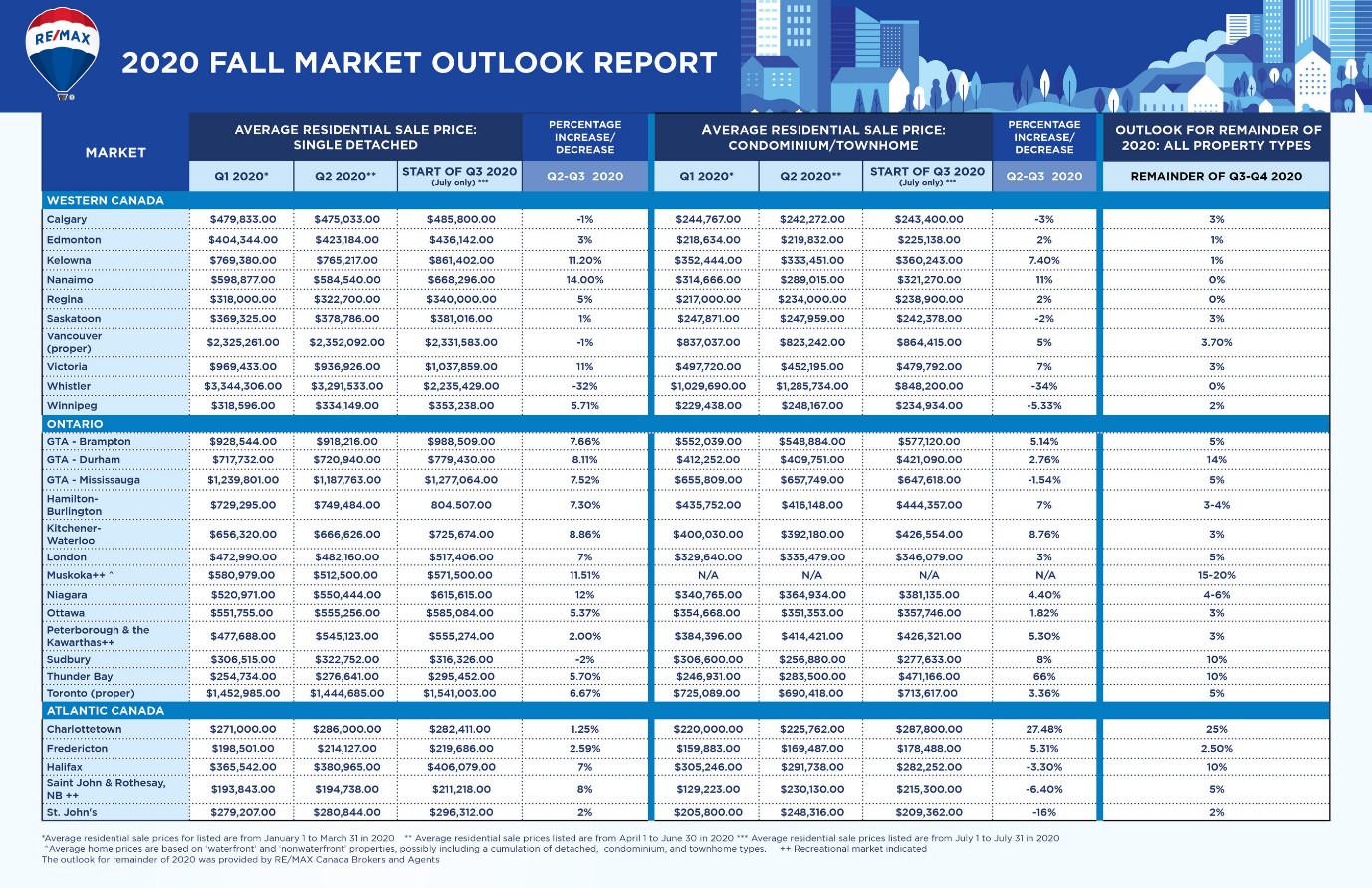But are there better things ahead for the housing market due to pent-up demand and low inventory?

Many Canadians rely on the value in their homes to keep them in the black and provide for their retirement but as a long-term investment, there are always some bumpy roads.
The pandemic lockdown provided a major challenge for the Canadian housing market but real estate agents remain optimistic that the ongoing desire for homeownership will endure.
Last week, the Canadian Real Estate Association revealed record sales figures for July.
But for those building wealth through property, whether owner-occupiers or investors, the surge in demand was not met by a sharp rise in prices.
The Teranet-National Bank National Composite House Price Index, released Thursday, posted its smallest monthly rise for any July in the past 15 years at 0.3%.
When seasonally adjusted, the index declined 0.3% in July following a 0.1% decline in June. The index is smoothed using a 3-month moving average and employs land registry data, so it currently reflects home price evolution while the sector was still on slow motion.
Although there are some brighter spots in the raw data, the analysis still points to some challenges for the housing market, with weakness indicated over the 5 months since March.
“Households have not yet suffered the consequences of the current economic difficulties,” the report notes. “Consumers have benefited from deferred debt payments, and the income assistance programs established by the various levels of government have more than offset labour market losses. The end of those programs and a still healing labour market could mean some headwinds for the housing market at some point.”
Fall will be the new spring?
While the housing price index provides a more sobering outlook for the Canadian housing market, a new report from RE/MAX is more positive.
Insights from the firm’s brokers suggest that the average residential sale price in Canada could increase by 4.6% during the remainder of the year, compared to the 3.7% increase that was predicted in late 2019.
"Despite the tragic impacts of the pandemic, our optimism in the strength of Canada's housing market has always remained, and current market activity further exemplifies this,” said Elton Ash, regional EVP, RE/MAX of Western Canada. “According to our brokers and agents across the RE/MAX network, Canada's fall market is expected to see spring market-like activity."
The report suggests that around one third of buyers are keen to exit urban areas and move to the suburbs, especially those aged 55 and over. They are also seeking homes with more space for amenities such as pools, balconies, and large yards.
Wealthy buyers undeterred
One sector of the Canadian housing market has remained buoyant throughout lockdown: the luxury market.
Most regions’ luxury markets have been unchanged from the beginning of the year with secondary markets such as Whistler and Hamilton showing small gains.
Across all respondents to the report’s Leger survey, there is an almost equally split in their confidence in Canada's real estate market, with 39% as confident as they were prior to the pandemic, and 37% slightly less confident.
When it comes to the prospect of a second wave of COVID-19, 56% of Canadians who are feeling confident in Canada's real estate market are still likely to buy or sell.




